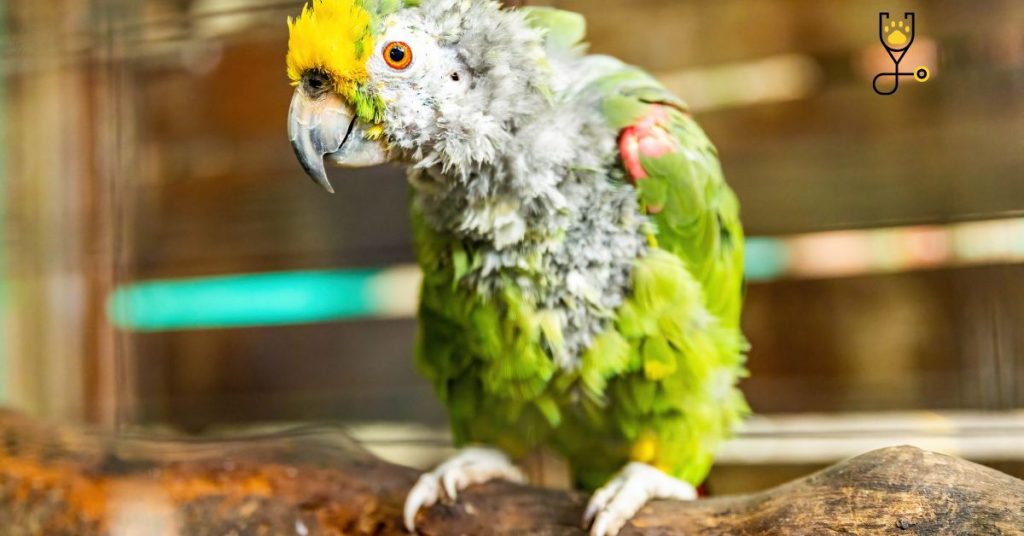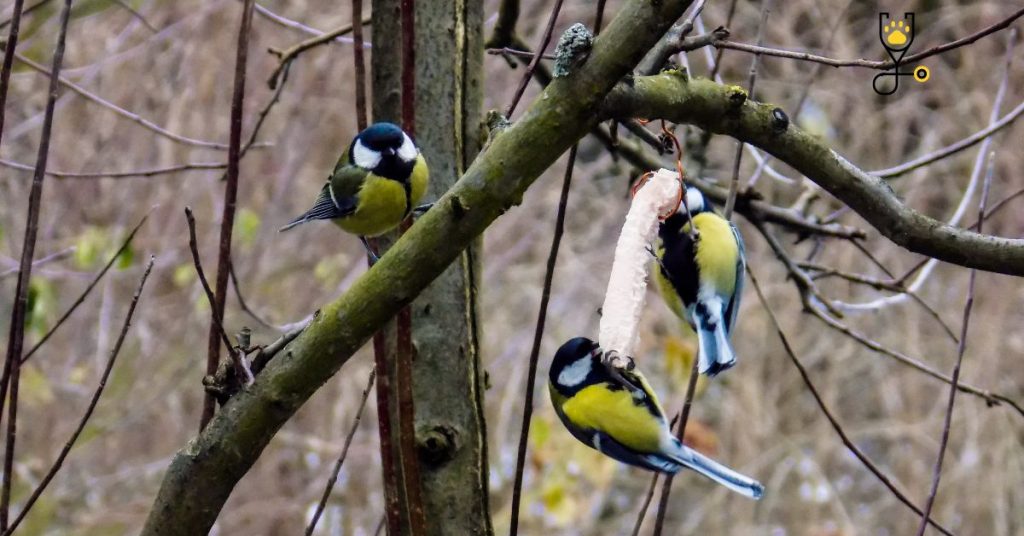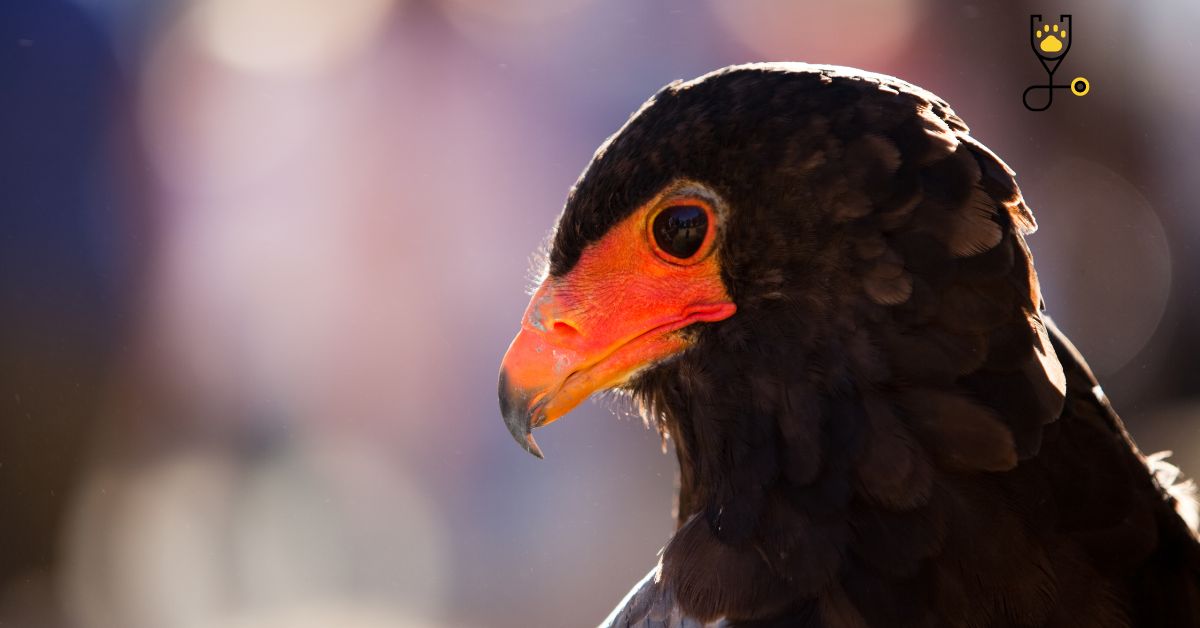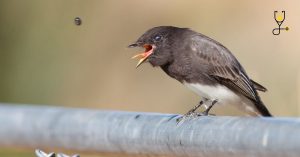If you are the proud owner of a pet bird, you know that birds can sometimes display behaviors that are not desirable or even downright annoying. From excessive squawking to getting over-excited when you enter the room, these issues can range from mildly vexing to plain frustrating if left unchecked. Luckily, understanding and correcting undesirable behaviors in our feathered friends don’t have to be costly or overly complex – with some patience, consistency, and clear communication techniques your pet will soon be behaving like the regal avian ambassador it is meant to be! In this blog post, we will explore how changing your response patterns and establishing appropriate boundaries can encourage better behavior in your beloved pet bird.

Most Common unwanted Bird Behaviors
1. Screaming
Some parrots have a tendency to scream excessively, often when they are seeking attention or in the middle of playtime. To address this issue, make sure that your bird has plenty of toys and enrichment activities to keep them occupied during the day – providing ample entertainment options can help reduce boredom-induced screaming behavior. Additionally, try not to reward vocalizations with too much attention as this can reinforce their habit of squawking.
Read in details: Reasons Why Is Your Pet Bird Screaming?
2. Biting
All birds bite from time to time and it is important to remember that biting usually occurs out of fear or frustration rather than aggression. If you notice your bird’s beak coming towards you, try offering a toy or treat instead of allowing the bite to occur. This will help your bird learn that biting does not bring rewards, and instead a more desirable behavior should be associated with desirable items.
3. Not Listening
If you find yourself repeating the same commands over and over again to no avail, it is probably time to assess which training techniques you are using. Positive reinforcement can go a long way in teaching birds new behaviors or reinforcing existing ones – using treats or verbal praise after they complete a task can help your pet understand that good behavior leads to great rewards!
4. Being Territorial
Pet birds are naturally territorial creatures, so it’s important to establish boundaries right away and remain consistent when enforcing them in order to avoid any potential conflicts or disagreements. Place perches or other objects at the outer edges of their cage to indicate that this is as far as they should roam and make sure to keep any toys, treats or food out of reach.
5. Ignoring You
Don’t be discouraged if your bird seems uninterested or distracted whenever you approach them it can take time for birds to become comfortable with new people and environments. To help foster a positive relationship, try offering treats while speaking in a calm voice and avoid any sudden movements that might startle them.

10 Remedies for above:
1. Spend quality time with your pet bird
Quality time with your pet bird will help build trust and a sense of security, which can lead to improved behavior. Spend at least 30 minutes per day interacting and playing with your bird in order to establish a strong bond.
2. Get the right cage for your pet
It is important to get the right size and type of cage for your pet so it has enough room to move around comfortably. Having enough space will also prevent frustration and stress from being cooped up all day, which can lead to unwanted behaviors.
3. Avoid punishing or scolding your bird
Punishments such as scolding or squirting water are not effective methods of correcting unwanted behaviors in birds. In fact, it can make the problem worse by creating fear and mistrust. Instead, focus on positive reinforcement techniques such as verbal praise or offering a treat when they exhibit good behaviors.
4. Provide plenty of stimulation and enrichment activities
Boredom can lead to destructive behaviors in birds, so it is important to provide them with plenty of toys and activities to keep them occupied during the day. Make sure these activities are bird-appropriate and safe for your pet’s health and well-being.
5. Use clicker training
Clicker training is a great way to reward desired behaviors in birds as it helps create an association between specific actions and rewards – each time your bird performs the desired behavior give them a treat along with a click and they will learn to associate the two with each other.
6. Offer a variety of treats
Variety is key when it comes to rewarding your bird – offering different types of treats can keep them interested and motivated while also providing essential nutrients.
7. Set boundaries
Giving your bird boundaries helps establish the rules of their cage and how far they are allowed to roam or fly, which can help prevent territorial behavior and maintain order in their living space.
8. Offer plenty of toys
Make sure there are plenty of safe, bird-appropriate toys available for playtime as this will provide stimulation and entertainment that’s important for their physical health and mental well-being.
9. Learn about your pet’s specific needs
Every bird has different needs when it comes to diet, exercise, and social interaction – make sure to research your pet’s species in order to provide the best possible care.

10. Consult a veterinarian regularly
Regular check-ups with a vet can help ensure that your pet is healthy and free of any health issues that could be contributing to their behavior problems. Your vet may even have additional tips on how to properly care for your bird.
Similar reads: How to Correct Unwanted Behaviors in Pet Birds?
Conclusion
Proper care is essential when it comes to preventing and correcting unwanted behaviors in pet birds. By providing quality time, the right cage, enrichment activities, and a variety of treats, you can create a positive environment for your bird and help them become a wonderful companion. Additionally, regular visits to the vet can ensure that any health issues are identified quickly so they can be treated appropriately. Following these tips will help you build a strong bond with your pet and provide them with the best possible care.
Frequently Asked Questions
Q: How much time should I spend with my pet bird?
A: It is important to spend at least 30 minutes each day interacting and playing with your bird in order to establish a strong bond. This can help create a trusting relationship that prevents unwanted behaviors.
Q: What type of cage should I get for my pet?
A: The size and type of cage you choose are dependent on the species of bird you own. Make sure to research what type of cage your pet needs and provide enough space so they have room to move comfortably.
Q: Do birds need toys?
A: Yes, providing toys for your pet will keep them occupied throughout the day which can prevent boredom-related bad behavior. It is important to provide bird-appropriate toys that are safe and non-toxic.
Q: How do I train my bird?
A: Positive reinforcement techniques such as clicker training or offering treat when they exhibit desired behaviors can help your bird learn what is expected of them. Additionally, setting boundaries and providing plenty of stimulation and enrichment activities are essential for teaching good habits.
Q: How can I show my bird affection?
A: Showing your bird affection doesn’t have to be complicated – simply spending quality time together and speaking softly and calmly can help create a trusting bond between you and your pet. Additionally, providing treats or toys when they exhibit desired behaviors will also demonstrate love and appreciation. Finally, if you are comfortable doing so, gently stroking their feathers or grooming them can help create a strong connection as








